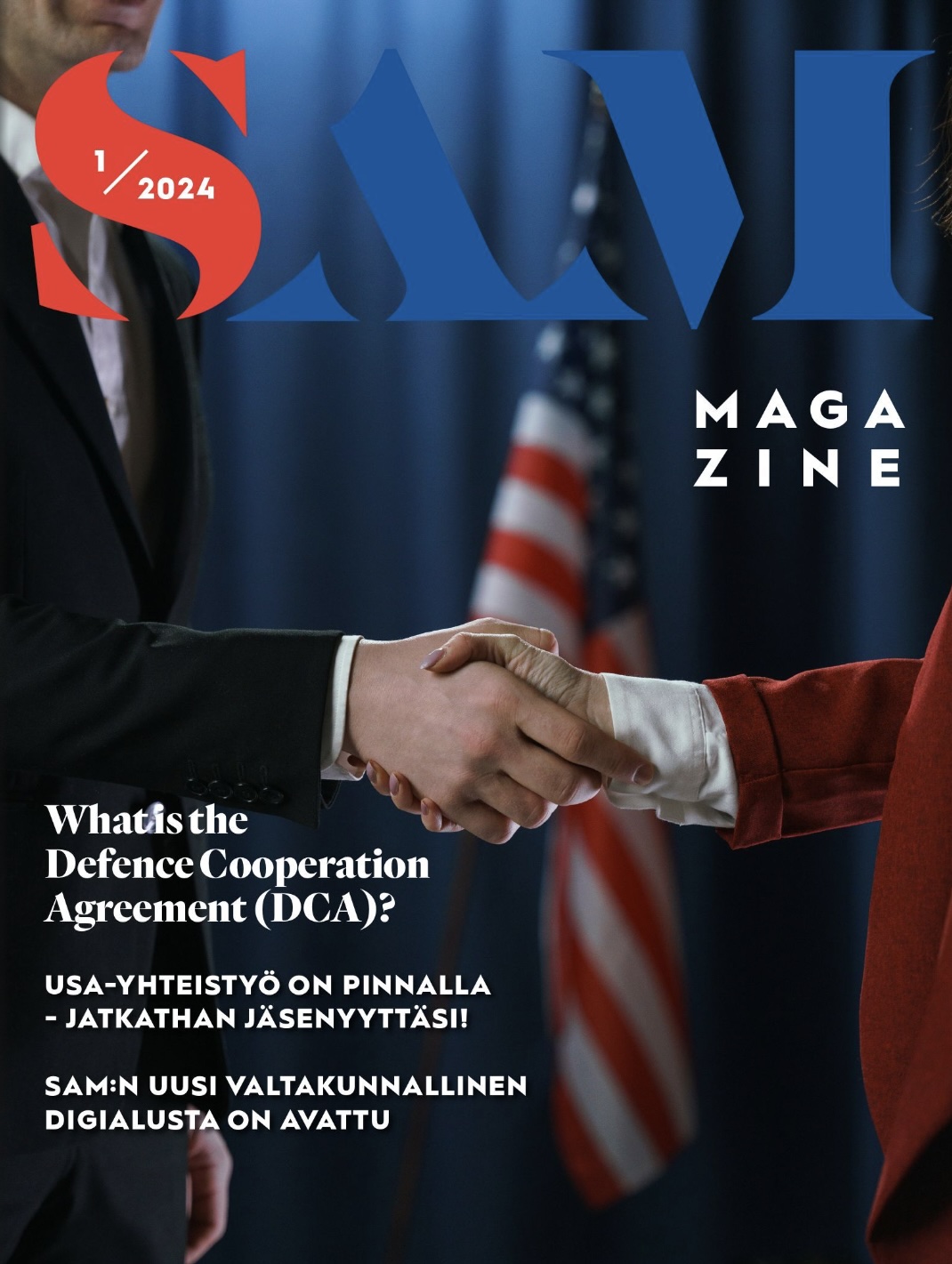A famous quote by the Greek philosopher Aristotle says that people come together in cities in order to live; they remain together in order to live a good life. To live a good life together with others requires beyond laws and governance a certain degree of acceptance to communal responsibility. In cities, the desire to live a good life individually is by nature tied with others’ ability to do the same.
As dense communities of people, cities function as platforms for many interconnected transformations currently impacting our world. Climate crisis, digitalization, and the current corona epidemic have been in their turn seen by many as the “last straw” of urbanization; a force that will turn people away from cities towards a “simpler” lifestyle. History of mankind has shown us that this will most likely not be the case.
The ability to live a good life comes from many attributes that co-exist in a balance. Security, equality, freedom of self-expression, well-being, and basis for meaningful family life are some of the attributes in studies that have named Helsinki as the happiest city in the world. Good life is associated with many Nordic cities in many studies. Trust in government and among people is one of the common denominators.
The corona epidemic has inspired many to question the fundamentals of our democratic systems, the market economy, or global collaboration. Some see the current situation as a vehicle for their pre-existing political ambitions. Some see the corona crisis as a disruption that justifies many measures that under normal circumstances would not even be debated. A persistent question relates to the degree of personal liberty. In our path to re-building, we must be careful to separate what works in a global crisis and what works in normal life.
As a Mayor of a fairly advanced, transparent, and high-functioning city build on substantial level of trust I see the path to re-building as a more of a practical exercise. We must ensure that collaboration between state governments, municipalities, cities and the private sector works better in the future. We must keep our essential infrastructure in good shape. The basic supply chains feeding our cities must endure disruptions. Resilience and preparedness must be built by providing access to information but also basic protective gear in all situations. We must ensure that services to vulnerable people and communities are secured at all times.
Any Mayor knows that taking substantial steps towards better resilience will not be done by laws or additional regulation. It will be done by empowering communities, making sure people have the grounds to trust their government, and by building communal responsibility to a new level. Building resilience to communities is not a project. It means that every decision taken by a city must be evaluated against our ability to survive another crisis.
Cities will keep flourishing due to their economic, social, and cultural power. They will keep growing due to people’s desire to gravitate towards like-minded communities. Capital will move towards clusters of innovation, inspiration, and capabilities. Working remotely will not split urban areas but bring them closer together globally. Corona crisis will forward many digital solutions and services. A shared global reality will be much more tangible to many.
The solutions to building the postcrisis world will be discovered from the strengths during the crisis. In governance, a high level of societal trust will still be a better option than authoritarianism. Interconnectedness will still provide better and faster solutions than sporadicity. Economy build on multiple strengths recovers better than reliance on seemingly simple single solutions. Equality will create stronger communities also in the future.
The corona crisis has taught us that epidemics and future disasters will amplify the extremes in our societies. The strengths become necessities and overcoming weaknesses defining factors in our survival. From this perspective, the Finnish system and division of responsibilities between the state, municipalities, and cities seem to work well. One must build on those strengths and not get caught on a myth of a “broken world” where the only way forward is more centralization and less individual liberties. Cities will be at the forefront of this question.
Artikkeli on julkaistu SAM Magazine 2/2020-numerossa toukokuussa 2020.
After an extensive career in Finnish national politics Jan Vapaavuori became the Mayor of Helsinki in June 2017. As his first task, he set forth a city strategy, laying ground for an ambitious four-year agenda. The strategy champions Helsinki as the “most functional city in the world” with a special focus on sustainable growth, digitalization, global problem solving, creativity, and the best possible conditions for happy everyday city life.


